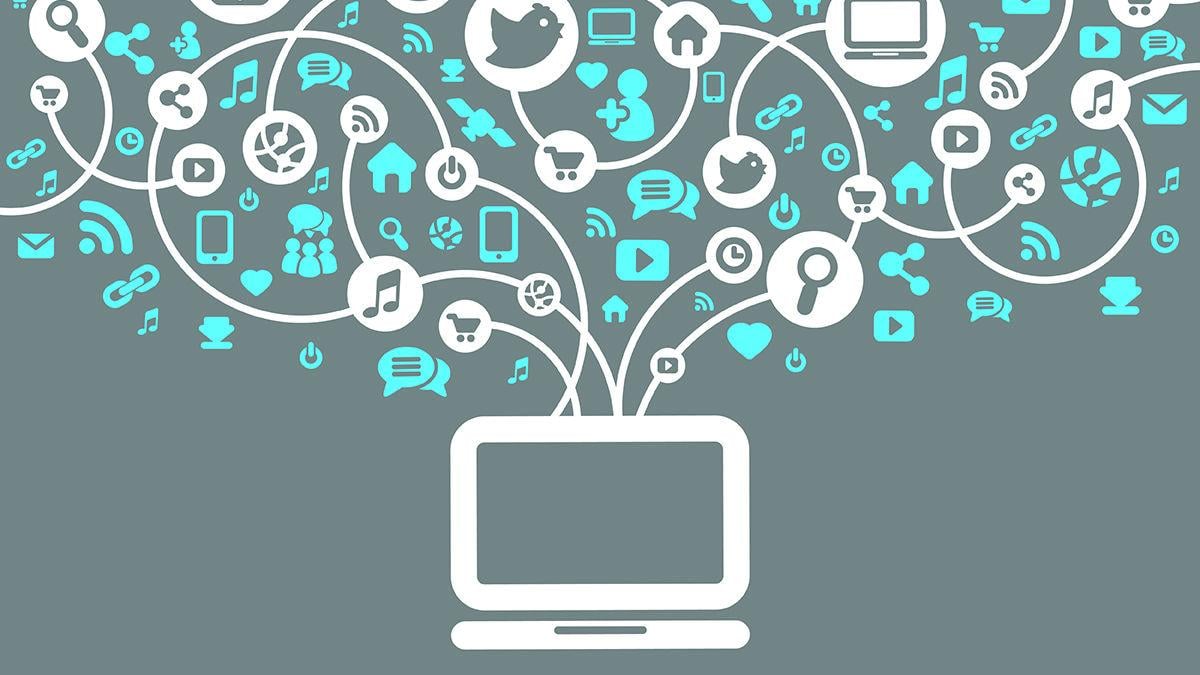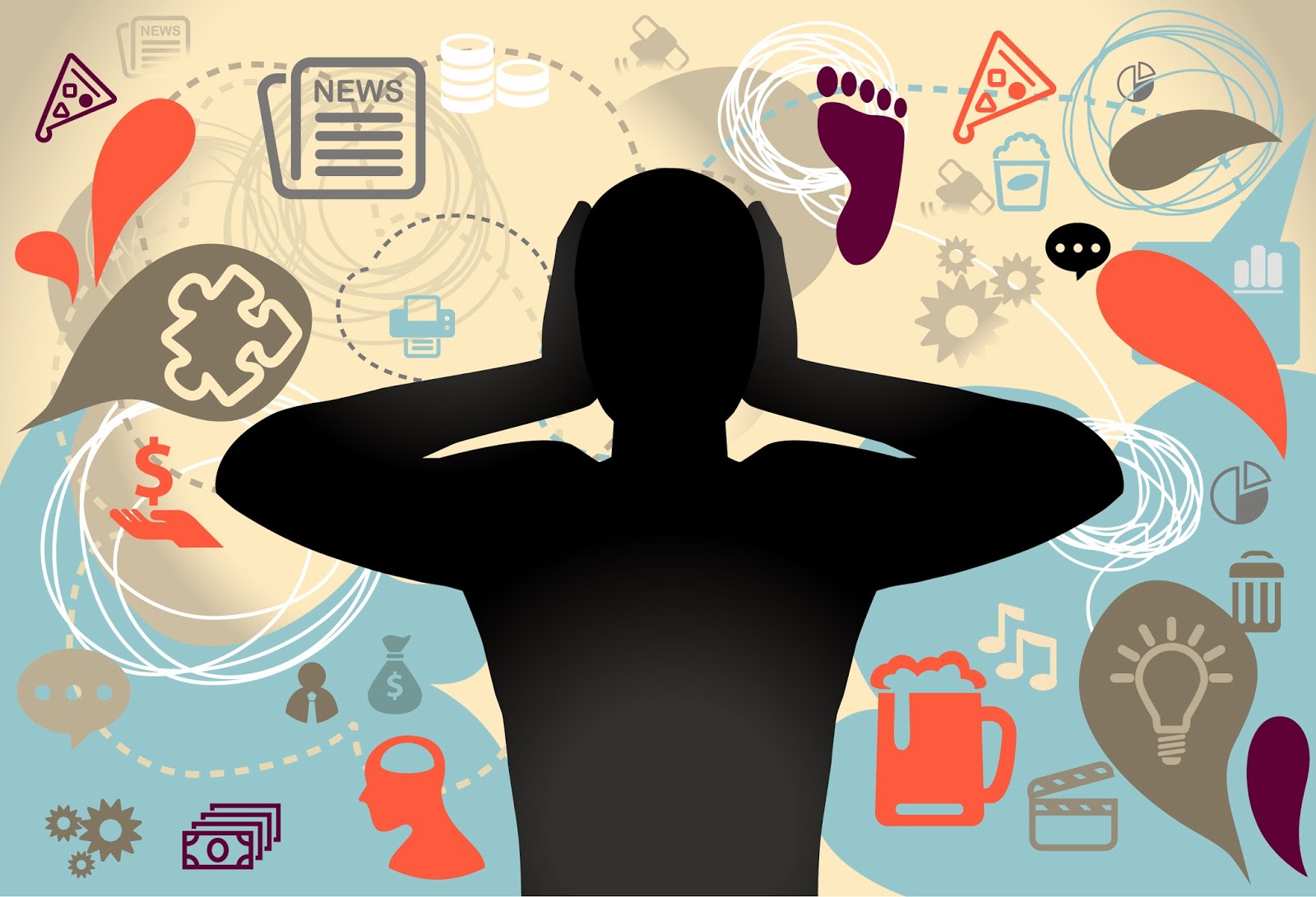Distractions in the era of new technologies Part 2
How new technologies affect our lives
Rosen and Ghazzali our generation put a disappointing diagnosis: “Look at the people in the restaurant, passers by on the street or those who are waiting for their turn on the show — for the most part you will see heads bowed to the screens of mobile devices. We behave as if we are more interested what is happening around, or if we lost the ability for a second to stop and just do nothing. It seems that we are more concerned with those people with whom we can connect with our devices, than those who are right in front of us. And perhaps most critical of what, it seems we have all forgotten how to be alone with your thoughts”.
The authors throw us the horrific statistics: “we have become so impatient that close video that loaded for more than two seconds”, “employees spend half of the day to check email, even if they do not receive appropriate notifications”, and “nine out of ten students use their laptops during class in a non-academic purposes.” Of course, statistics is reinforced by references to the results of scientific research.
Besides the negative impact on performance and productivity, the thoughtless use of new technologies has had far more serious consequences and can also affect our safety.
Pedestrians are increasingly demonstrating unsafe behavior when crossing the road with headphones in their ears, talking on the phone or even sending a message. And if we talk about drivers who are distracted by gadgets while driving, the situation becomes even more dangerous. National safety Council USA in 2011 found that 23% of all car accidents involve cell phone usage. David Strayer, a Professor at the University of Utah found that drivers with alcohol in blood of drivers using the phone while driving, have an equal chance to get into a car accident.
And finally, dependency on gadgets has led to the emergence of new types of mental disorders. Here are some of them.
“Syndrome of fake call” when we make any sound or vibrate for phone call, although in reality he never calls.
FOMO (fear of missing out) is a fear to miss some important event or interesting feature occurs when continuous view updates in social networks.
Nomophobia — fear of being without the phone or away from him. Studies show that the inability to use the phone for at least ten minutes cause most modern teenagers increased level of anxiety.

How to live with it
In order to adapt to all these negative influences of the era of new technologies and to maintain their mental health, Rosen and Ghazzali offer two ways: change our brain and our behavior. Easy to say, dear scientists! By the way, one does not exclude the other: for maximum efficiency it is necessary to use techniques from both approaches.
Changes in the brain thanks to its remarkable property change under prolonged exposure to the new conditions — of neuroplasticity. For improving cognitive abilities the authors propose to pay attention to the following practices:
- Traditional education;
- Meditation;
- Cognitive exercises or “brain games”;
- Video games (despite their mixed reputation, there are many data to prove the positive influence of computer games on cognitive abilities, including older people);
- Interaction with nature;
- Medicines;
- Exercise;
- Neurofeedback and other systems of brain stimulation.
Changing our habits
When performing simple tasks that do not require undue concentration of attention, switching between media activities may be useful: it will help to reduce boredom and make the chore more enjoyable. But when we need to focus on important matters, the intervention of technologies in the work should be kept to a minimum. For this you need to follow a few rules.
Develop awareness — think about the value of each link you open in your browser. Whether or not this information is relevant to your main task?
Restrict availability to new information resources now available many apps that help to combat Internet addiction. And for the more productive researchers are advised to properly allocate your time within a day: check email in the morning, the social network leave for the evening. Get rid of the habit to access all the apps at a time, after each “distraction” to return to work becomes more difficult.
